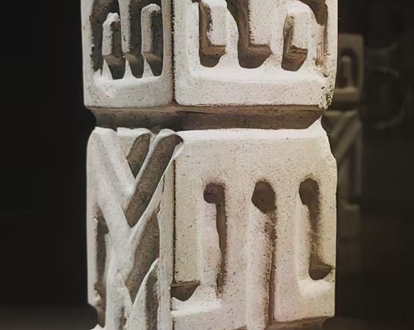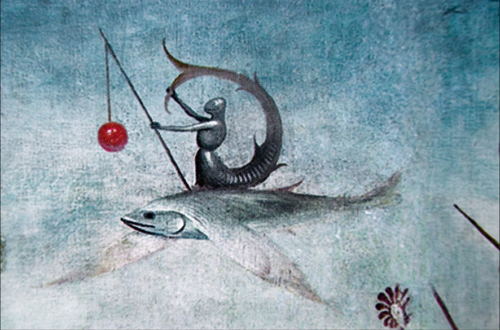Diego Tapia Figueroa, Ph.D. y Maritza Crespo Balderrama, M.A.
December 14, 2018
To dialogue is to allow ourselves to be touched and to connect with the words of others; to find within us the intelligent words of others, reflected with sensitivity in the produced resonance once we open ourselves (welcome) to be interwoven relationally by those transformative words. It is to answer dialogues to generate new dialogues. We dialogue with the question because we can put everything in question -about the meaning- to tell us that everything can be different. The other is an interlocutor (an equal) not a victim or an enemy; it is an interlocutor with co-responsibilities in the co-creation of a relational context that is open to creativity, freedom, imagination, joy. If I present myself (assuming a place of my own, which will imply having a voice of my own) in relationships from a position of respect, acceptance, and curiosity, I invite that otherness and diversity to manifest themselves; take their place and be acknowledged by the mere fact of being, of existing; without the need to lead towards consensus. It is the dialogue to recognize, accept and celebrate differences, to create them, enhance them and generate possibilities.
As Sheila McNamee explains, people are invited to new ways of understanding differences: that’s what dialogue is all about. It is significant to contextualize the actions to make possible the understanding of people’s needs and the co-construction of alternatives to solve them. Deciding to opt for this social-constructionist philosophy as the place from which we can choose to relate to others; meeting the other ( dialoguing with the other).
With the confidence of contributing positively, to open a new space for ethical and political conversation, which makes it possible for each person -professional, family, and institution- to assume the part of the responsibility that corresponds to them in the co-construction of these new ideas and proposals; that there is the ethical consistency necessary to embody positive differences. In the words of Hans-Georg Gadamer: «The world is common soil, not trodden by anyone and recognized by all, which unites all those who speak to each other. All forms of human community are forms of linguistic community, moreover, they make language. For language is essentially the language of conversation. It only acquires its reality in the realization of mutual understanding.» (Gadamer, 1977, p. 535).
These are processes of joint construction, with the community; we do this by conversing to connect, understand and be relationally the people we would like to be with ourselves and with others. As Harlene Anderson (1999, p. 151) invites us: «The goal– according to Gergen and McNamee – of an exploration of relational responsibility is not to change one or another defective person or resolve a conflict. Rather, it is about broadening the spectrum of voices —»relational realities»—that are accepted into the conversation. Become more responsible, and give more account of yourself (…).»
It is a dance: the dialectic between creativity and freedom, a deconstruction with irreverence and respect at the same time; mobilizing innovative own resources with questions that generate one’s dialogical relationship, thanks to the trust between all the participants involved.
According to Kenneth Gergen (1996, p. 180): Meanings and identity are born in a context, starting from the relational principle; the self grows within the framework of exchanges and conversations in which we are inserted, and identity is the result of the narratives that each of us writes within such conversational dances.
We reiterate social constructionism emphasizes conversations -through language and meaning- each human being enters into a relationship with others, thus building their own identity or internal voice. Every idea, every concept is born from social exchange mediated by language.
One of the challenges is to responsibly confront prejudices and pseudo-commitments (that lack relational ethics) that, with much cynicism, show a mask of good causes only to benefit from an oppressive and unjust status quo, to maintain their power and privileges. We want to socialize these ideas and contribute -from this posture- with reflections, whose intention is to stimulate the development of a local thought by promoting creativity to work on significant transformative processes by stimulating the imagination to generate what does not yet exist in this context; and yet, it is so necessary and urgent. Say and act with temperance and enjoy the pleasure of dialogue, of life with others.
Because the value is in the well-being of the process, permanently reflecting critically on new ways of acting and being; where actions and words build the future. Rethink and reflect on complexity, uncertainty, mystery; the words to say, to come; with a language of different possibilities, with love.

English translation of Bruno Tapia Naranjo

